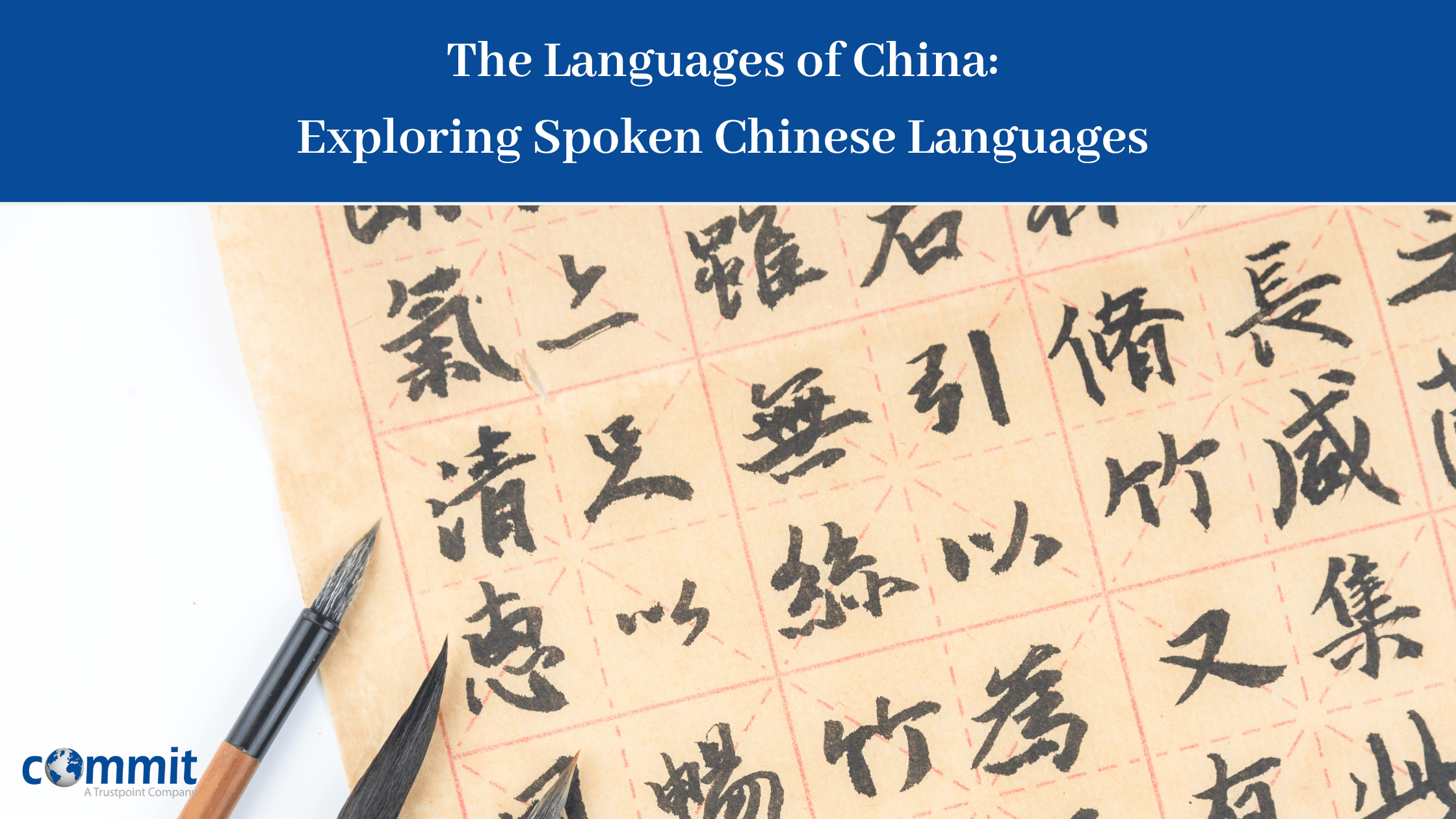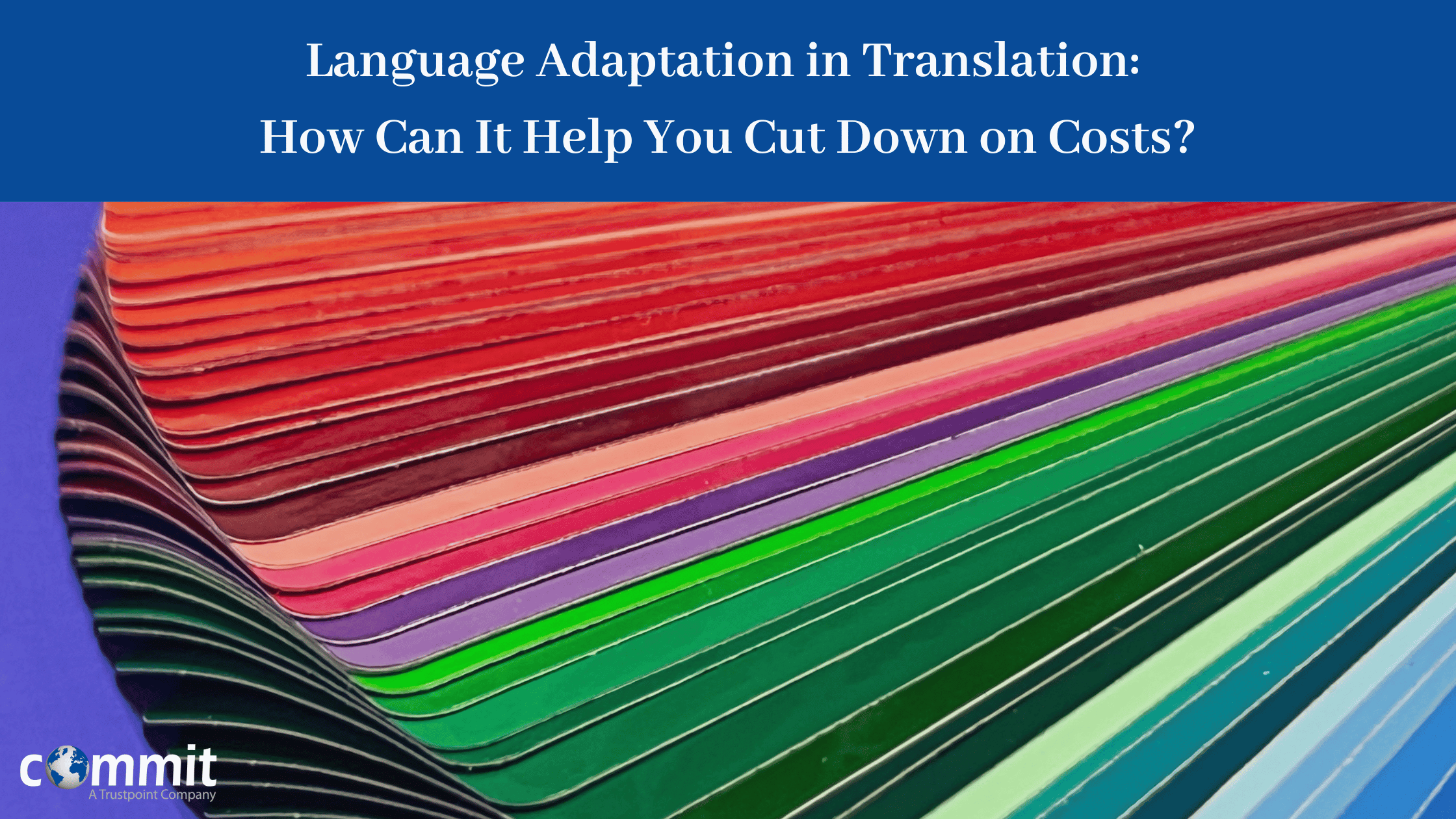|
Listen to Post
|
Listen to this article now:
by Eleftheria Tigka, Vendor Manager at Commit Global
When I started learning English, I enjoyed reading UK teenage magazines immensely, considering them to be the cornerstone of information regarding the ways of the world. I even imagined translating and selling them to the Greek public.
Little did I know that translation was a global business, affecting billions of people. According to Common Sense Advisory, more than seven billion people live in nearly 200 countries and speak about 7,000 languages, making the language sector a 43 billion dollar business.
Impressive as it is, translation affects the way we are informed and entertained, one way or another.
Most pieces of information go through translation every day to be broadcasted by international Media, playing an indispensable role in exchanges between different cultures, and translation becomes a vehicle for intercultural dialogues. Accurate news, original information, points of view, comments, opinions and articles on politics, economy, society, and sports, are all translated so that the world can be better informed. It all goes back to the age when the messenger arrived to bring the news of what had happened in the next kingdom. Nowadays, the media play a crucial role in communicating to the public what happens in the world, going hand in hand with translation. People tend to think that all international exchanges are carried out in English, but this is not the case. Globalization has made more explicit the complexities of any communication, and the ability to observe, analyze and judge is required.
Furthermore, movies, TV series and video games require translation to reach their intended recipients. Our world is better, more colorful and interesting through all these means of entertainment. Imagine if you had no access to your favorite videogame or the latest blockbuster due to lack of translation. With 155 million gamers in the United States alone, the need for translation is on the rise.
After all, since much of our perception of the world depends on the entertainment we are exposed to, the importance of translation in entertainment is becoming obvious.
Last but not least, translation of literary works (novels, plays, short stories, poems, etc.) is of great importance. Be it the plays of Aeschylus, the poetry of Homer or the oeuvres of Jean–Jacques Rousseau, and, in recent times the fiction of J. K. Rowling and J. R. R. Tolkien, they have all become integral parts of our world, shaping the way we think, the way we act and react, who we are and who we aspire to become.
Therefore, the next time you lose yourself in a novel or you play your favorite videogame with your little son, the next time you read the newspaper online or you catch the news on TV, please bear in mind that all this could be the product of translation, and that none of it would be available to you, to any of us, if translation had not played its part.









